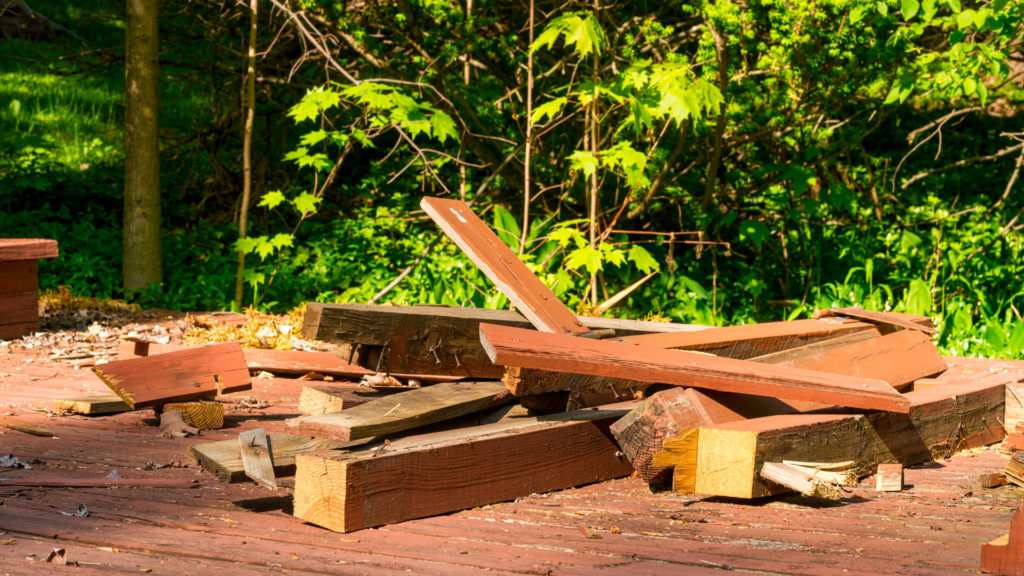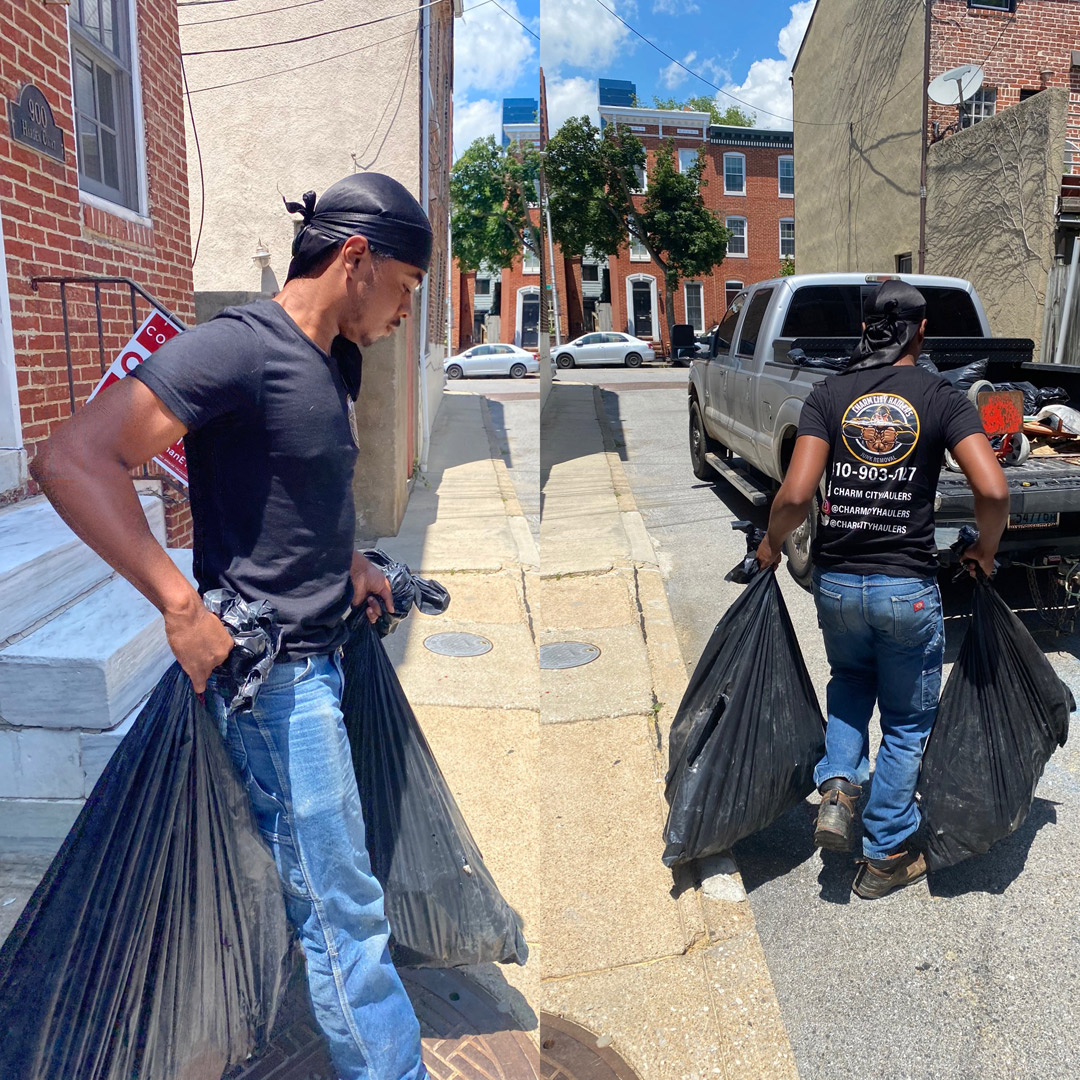Like most people, you probably don’t think much about the daily amount of waste your family produces. But the truth is that the average American family has over four pounds of garbage daily, and much of that waste ends up in landfills. However, there’s a growing awareness about the importance of reducing waste.
So what can you do to reduce the amount of waste your family produces? Here are five tips to get you started:
1. Recycle.

Recycling is one of the easiest ways to reduce the amount of waste your family produces. Most communities have recycling programs in place, so all you need to do is separate your recyclables from your trash and put them in the appropriate bins. You can recycle some items you might not think of, like old electronics and clothes.
In addition to recycling, another way to reduce waste is to compost. Composting breaks down organic materials, like food scraps and leaves, into a nutrient-rich soil amendment. This amendment can then improve the quality of your garden soil. Composting is easy at home, and it’s a great way to reduce the amount of waste your family produces.
Another way to reduce the amount of waste your family produces is to use less simply. This means using less water, electricity, and other resources. It also means buying fewer things, and when you do buy something, choosing items that are made to last. By using less, you’ll not only reduce the amount of waste your family produces, but you’ll also save money.
2. Reuse items whenever possible.

Before you toss something in the trash, ask yourself if there’s any way it can be reused. For example, glass jars can be used as storage containers, old clothes can be donated to charity, and newspapers can be used for packing material.
If you can’t think of a way to reuse an item, see if it can be recycled. Many things that can’t be reused can still be recycled and made into new products. For example, aluminum cans can be recycled and made into new ones, and plastic bottles can be recycled and made into new ones.
If an item can’t be reused or recycled, it should be disposed of properly. This usually means putting it in the trash. However, some things should never be in the garbage because they’re hazardous to people or the environment. These items include batteries, oil, paint, and chemicals. Instead of putting them in the trash, you should take them to a unique collection center where they can be disposed of safely.
3. Compost food scraps.

Food scraps make up a large portion of household waste, but they don’t have to go in the trash. Instead, start a compost pile and use it to fertilize your garden or lawn.
To get started, you’ll need a bin or container to hold your compost. You can purchase one from a garden center or build your own out of wood or wire mesh. Once you have your bin, fill it with a mix of green and brown materials. Green materials include kitchen scraps, coffee grounds, and grass clippings. Brown materials include leaves, twigs, and shredded paper.
When adding material to your bin, layer it in alternating layers of green and brown. As the material breaks down, it will heat up and release moisture. Be sure to aerate your compost regularly by turning it with a shovel or pitchfork to keep everything decomposing evenly.
Once your compost is ready, you can use it to fertilize your garden or lawn. Simply spread it around the base of your plants and water it in. When planting flowers or vegetables indoors, you can add them to your potting mix.
4. Buy products with less packaging.
Whenever possible, buy products with minimal packaging or packaging that can be recycled or composted.
Whenever possible, buy products with minimal packaging or packaging that can be recycled or composted. This helps to reduce the amount of waste that goes into landfills and incinerators.
Compostable packaging is made from plant-based materials and will break down in a commercial composting facility. Recyclable packaging can be recycled into new products.
When choosing products, look for those with the least amount of packaging. You can also look for products that come in reusable packagings, such as glass or metal containers that can be refilled or reused.
5. Bring your bags to the store.
Say no to plastic bags, and bring your reusable bags when shopping. Not only will this reduce waste, but it’s also better for the environment.
The plastic bag is an invention that has truly changed the world. They are cheap, lightweight, and durable, which makes them perfect for carrying groceries and other items. Unfortunately, they are also extremely harmful to the environment.
Each year, billions of plastic bags are produced, most of which end up in landfills or litter. Plastic bags can take centuries to decompose, and in the meantime, they pollute the environment and harm wildlife.
Fortunately, there are things we can do to reduce our reliance on plastic bags. A straightforward solution is to use reusable bags when shopping. Reusable bags are made from durable materials like cloth or canvas, and they can be used over and over again.
Conclusion:
Reducing the amount of waste your family produces is essential for environmental and financial reasons. By following these five tips, you can make a big difference in how much garbage ends up in landfills each year. And who knows? You might even end up saving some money in the process!
Charm City Haulers is a garbage collection service that services the Baltimore area. We are committed to helping our customers reduce waste and be more sustainable. Contact us today to learn more about our services!



